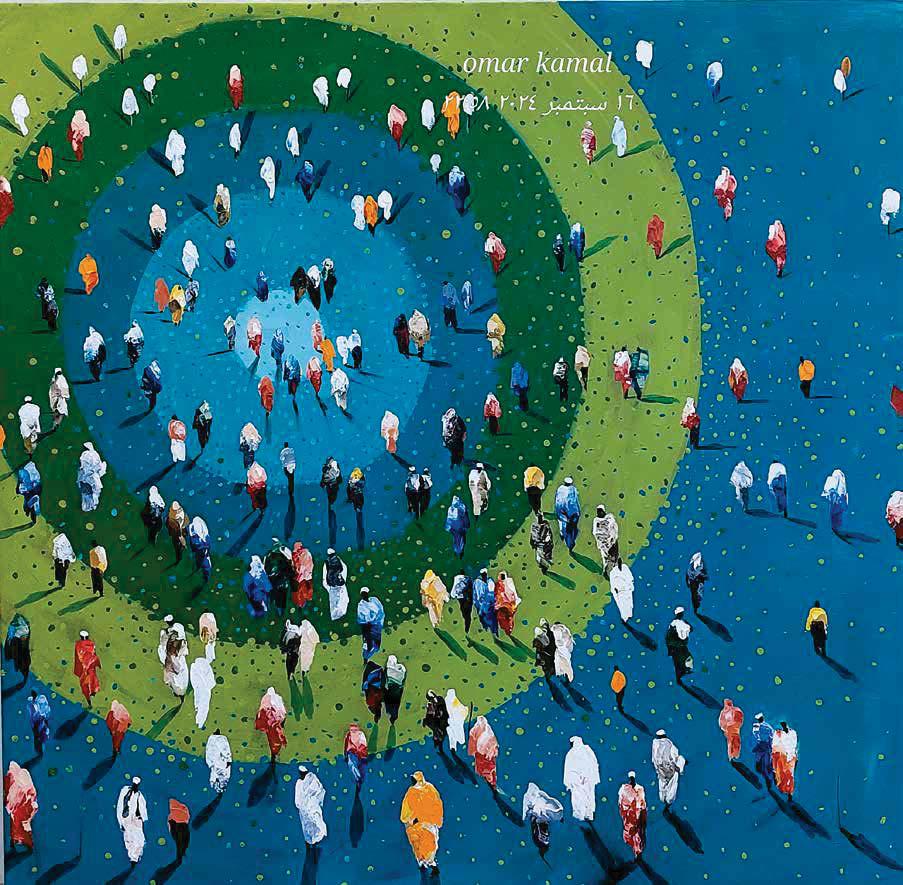
BOTH,those who view Africa from the outside and those who live in it, assume it as a whole. Africa is bonded together as a geography of the countries commonly held by a mass of massive land and a few island nations. The continent's commonality is held by the forces of historical colonisation and the market of ideas empirically voyaging throughout the world.
Africa is a continent largely populated by darker-skinned people identified as Black, Africans, or related neologisms. Probably, the most influential picturisation of Africa is informed by David Attenborough's soothing commandments of flora and fauna, recorded mostly in Sub-Saharan Africa. The wildlife chases, panopticon shots of the animal kingdom, and vast, ever-expanding topography of the savannah—all have informed the younger generation about Africa. The 1990s saw impending conflict in the Horn of Africa, the central African region, southern Africa and western Africa. These conflicts were the result of decades-long insurgencies led by the rebels. I often wondered what caused this. Would a simple explanation about corrupt political class, gerontology and ethnic conflicts give us the answers? Something intrinsic to the region existed, and we ought to explain that deliberately.
The Outsider African
The dominant view of Africa is invariably mediated by the outsider. Who is the outsider? It depends on how you read history. Is the white settler population an outsider? Are Indians who have lived there for generations outsiders? Are the neighbouring country citizens outsiders? Are different tribal and ethnic groups bonded together into nation-states outsiders? This proposition is now debated by a generation of youth who have not experienced colonial aggression.
この記事は Outlook の January 11, 2025 版に掲載されています。
7 日間の Magzter GOLD 無料トライアルを開始して、何千もの厳選されたプレミアム ストーリー、9,000 以上の雑誌や新聞にアクセスしてください。
すでに購読者です ? サインイン
この記事は Outlook の January 11, 2025 版に掲載されています。
7 日間の Magzter GOLD 無料トライアルを開始して、何千もの厳選されたプレミアム ストーリー、9,000 以上の雑誌や新聞にアクセスしてください。
すでに購読者です? サインイン

Soft Ruins
'Soft Ruins' is a chapter within the long-term ongoing project \"When Spring Never Comes\", an expansive exploration of memory, identity and displacement in the aftermath of exile within contemporary global politics. It reflects on how the journey as an asylum seeker in Europe mirrors the instability and threats of life under dictatorship, amidst rising right-wing movements and shifting power dynamics, where both certainty and identity are redefined

Building Beyond Homes: Provident Housing's Transformative Approach
Provident Housing leads in crafting thoughtfully designed homes that cater to modern homebuyers' evolving needs. With a focus on timely delivery, sustainability, and innovative, customer-centric solutions, the company sets new benchmarks. In this exclusive interview, Mallanna Sasalu, CEO of Provident Housing, shares insights into the company's strategies, upcoming projects, and vision for India's housing future.

Syria Speaks
A Syrian graffiti artist-activist's tale of living through bombings, gunshots and displacement

The Burdened
Yemen, once a beautiful land identified with the Queen of Sheba, is now one of the worst ongoing humanitarian disasters of modern times

Sculpting In Time
Documentaries such as Intercepted and Songs of Slow Burning Earth grapple with the Russian occupation beyond displays of desolation

The Story Won't Die
Is Israel's triumphalism over its land grab in Syria realistic? The hard reality is-Israel now has Al-Qaeda as a next-door neighbour

Against the Loveless World
In times of war, love exists as a profound act of defiance

Soul of My Soul
What does it mean to continue to create art during a genocide?

in Dancing the Glory of Monsters
By humanising the stories of those affected by war, poverty and displacement, Buuma hopes to foster empathy and inspire action

All the President's Men
Co-author of All The President's Men and one of the two Washington Post journalists (the other was Carl Berntstein) who broke the Watergate scandal that brought down the President Richard Nixon administration in the United States in 1974, Bob Woodward's recent book War was on top of The New York Times Bestseller list, even above John Grisham.